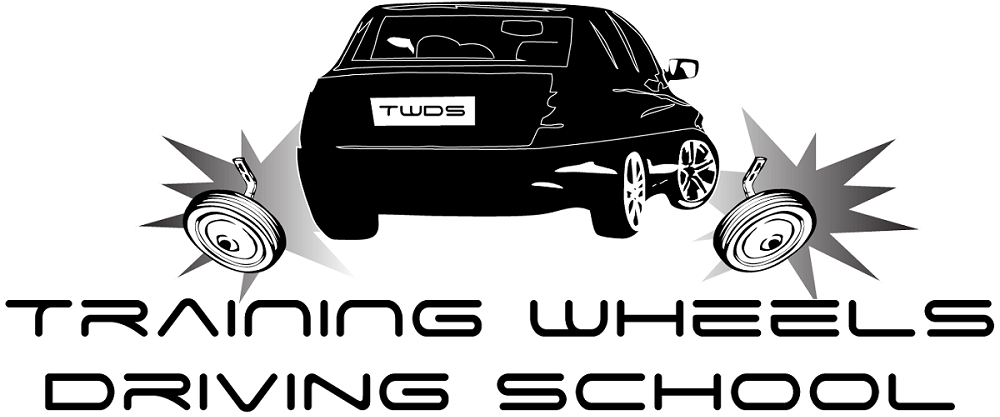How Your Feelings Can Impact How You Drive
Most drivers are aware of the dangers of distracted driving. It is no secret that using a cell phone, applying make-up, or playing with the radio can pose a serious threat to a driver’s safety and the safety of those driving around them. What many drivers do not realize is that their emotions, state of mind, or mood can also affect how well they drive. Fatigue, stress, and anger can cause serious impairments to how we operate a vehicle and should be taken just as seriously as textbook distracted driving.
Negative Emotions are a Serious Driving Distraction
Studies have proven that drivers in the midst of a high level positive or negative state of mind can experience levels of distracted driving that are even more serious than those drivers using cell phones behind the wheel. These high emotion levels can cause otherwise good, safe drivers to experience impaired observations and reaction times, make risky maneuvers and even have them feeling as though they are disconnected from other vehicles and conditions of the road.
Keeping Emotions Under Control While Behind the Wheel
Although these types of mindsets may seem inevitable, it is important to identify what your emotional level is before getting behind the wheel. Keeping emotions in check makes a huge difference in an individual’s ability to operate a vehicle and ultimately is the key to keeping yourself and others safe on the road. If a driver is experiencing a high-level emotional state, they should completely and critically evaluate their ability to drive – if emotions cannot be controlled, ask someone else to take the wheel.
Road Rage – What Should You Do?
Road rage has become the cause of a large number of accidents on the road. These types of accidents are caused by a driver’s overreaction to another driver’s behavior and it has been reported that over half of U.S. drivers have experienced road rage themselves or encountered it from another driver. This is why it is important to “keep your cool” while on the road. Make sure to not internalize or personalize the mistakes of others and, when you make a mistake, try and acknowledge and apologize for the error to other drivers using hand gestures or mouthing “sorry” but only if it is safe to do so.
Emotions and emotional states can take a large toll on how our bodies and minds operate. Although it may not seem like a big deal to get behind the wheel after a heated argument or sad event, it is important to know that these high-level emotional states can impair judgment and reaction times in drivers. When driving, it is imperative to keep your eyes, thoughts and focus on the task at hand – driving. If you feel your emotional state is not conducive to driving, don’t get behind the wheel.
If you have trouble controlling your emotions when driving, you may want to hire a South Jersey driving school to train your teen how to drive. Training Wheels has been serving the local area for years and would love to help your teen learn how to drive safely. For more information about our driving lessons, click here.
*Photo Courtesy of Tony Fischer via Creative Commons License

